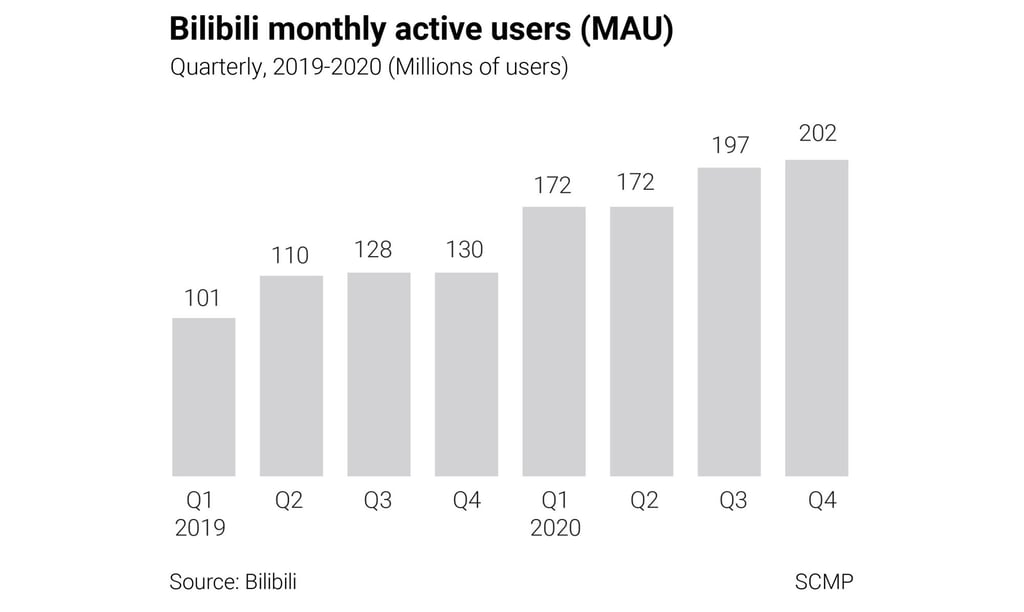Letters | China video platform offers Hong Kong actors new lifeline
- An actor who moved across the border for work has landed on a popular video platform that connects him with young mainland viewers – and the future

Mak posted his first video to Bilibili on May 31, 2020, which rekindled interest in him on the website. That debut racked up more than 7 million views and 700,000 likes, and his account has since attracted more than 580,000 followers.
Mak has been uploading videos about life in Hong Kong and the mainland in the past year, and interacting closely with his fans. After he was revealed to be a pandemic control volunteer in Guangzhou, Mak received support and praise from Bilibili users, most of whom are young people: this could be instrumental in the actor’s career development in the mainland.
Mak is not the only one to have jumped on the Bilibili bandwagon in a quest for more fans. Other names and organisations from Hong Kong are getting on the website too. When Bilibili held a New Year’s Eve gala, The Most Beautiful Night of 2020, TVB got in on the act from Hong Kong, showcasing the splendid performances of TVB actors and the dazzling scenery of Victoria Harbour. Each of the gala videos received more than 2.8 million likes.
